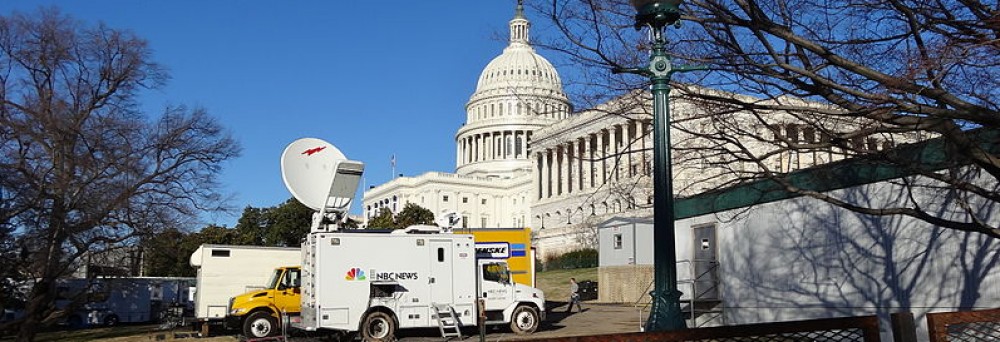By ERYKAH DAVENPORT
“Me being heterosexual and straight, and being vocal in my identity as a straight woman, was huge,” Wiggins said in the San Diego Union-Tribune. “I would say 98 percent of the women in the WNBA are gay women. It was a conformist type of place. There was a whole different set of rules they [the other players] could apply.”
This statement was made by a former WNBA star, Candice Wiggins. News sources said that she said the lesbian culture broke her spirit. Wiggins told the Union-Tribune that the WNBA had a “very, very harmful” culture and that she was bullied throughout her WNBA career from 2008 to 2015. Wiggins allegedly was mistreated because she was straight.
This controversial stand made by Wiggins about the LGBT community was covered by Bleacher Report, ESPN, Pioneer Press, Sports Illustrated and the New York Post. Immediately after her comments were released to the news media, other reliable outlets shared the news as well.
Wiggins branded the WNBA culture as “toxic.” Many people, not only players and coaches were stunned, but fans as well. Maintaining a certain image for the WNBA is vital and from a media standpoint, Wiggins degraded it.
Even the WNBA president wanted her voice to be heard. In response to Wiggins’ remark, Lisa Borders released a statement about her experience in the league.
“When I first read the comments from retired WNBA player Candice Wiggins, I was stunned and disappointed,” Borders said. “In my time with the league and my capacity as a fan before that, I’ve had the pleasure of getting to know a group of highly competitive women who are driven to succeed at the highest level on the court and constantly striving to help create opportunity for all members of their communities.”
Wiggins received so much attention and publicity from the media that she was asked to do a follow-up story. In the Union-Tribune, Wiggins said she used the figure of 98 percent to be “illustrative.” “It was my way to illustrate the isolation that I felt personally,” Wiggins said. “I felt like the 2 percent versus the 98 percent. It felt that way to me. And it’s not just the players. It was the coaches. It was the leaders.”
